
A new study in JAMA recently evaluated and assessed the racial and ethnic disparities in hospitalizations and mortality across COVID-19 patients within New York City.

A new study in JAMA recently evaluated and assessed the racial and ethnic disparities in hospitalizations and mortality across COVID-19 patients within New York City.
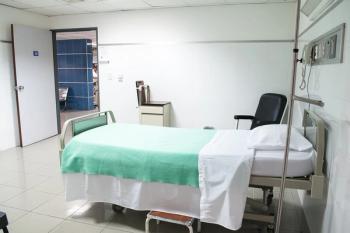
Investigators are calling for routine use of these tests for patients admitted with acute respiratory symptoms during the influenza season.

As Covid-19 infections soar across the U.S., states are again tightening restrictions and reinstituting lock down measures.

The virus is known to invade human cells through the ACE2 receptor-driven pathway, primarily impacting the respiratory tract.
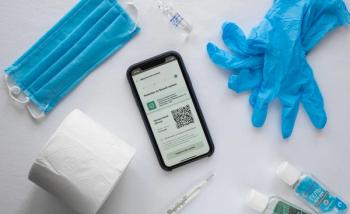
While the number of study participants was too small to extrapolate for the whole population, the authors said they were encouraged.

Response to the COVID-19 pandemic has been hindered by lack of an effective antiviral therapy.
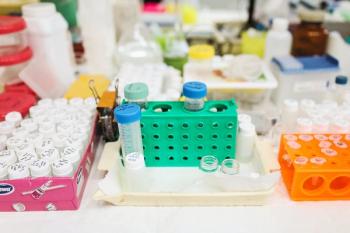
The U.S. sentinel surveillance program is a project which monitors for antibiotic-resistant gonorrhea.
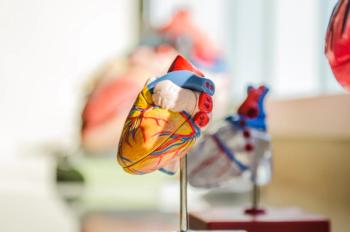
Influenza and pneumonia, though rare, occurred at roughly the same rate in both the high-dose and standard-dose vaccine groups.

An investigational microbiome-based therapeutic for C difficile was found to exert continued efficacy 3 months after administration.

A universal flu vaccine is also another step closer, according to researchers at Mount Sinai.
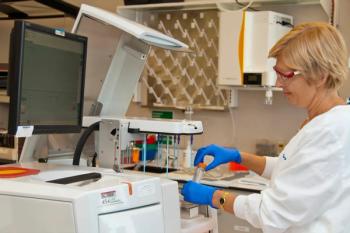
The findings are consistent with the hypothesis that bats are the viral origin and reservoir species.

A large family of viruses, coronaviruses include common cold viruses as well as more severe viruses.

The country's first authorized vaccine will be first available to healthcare workers and long-term care residents.

Detection of SARS-CoV-2 relies predominantly on nucleic acid testing and serological testing.
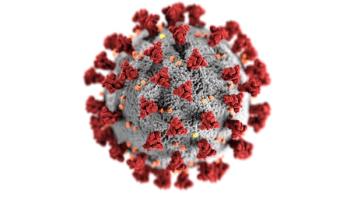
Mutations in TMEM41B are known to be common in one in five East Asians, but not in Europeans or Africans.
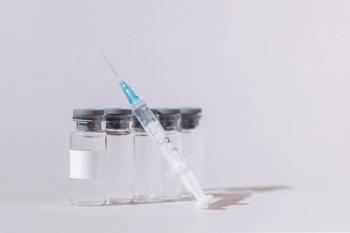
New data sheds light on efficacy of longer periods between dosing.

Universal newborn screening for congenital cytomegalovirus infection in China could reduce childhood hearing loss cases by 2316 each year, a new study found.
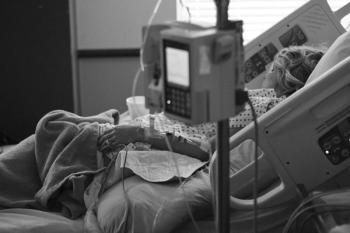
Despite early buzz, remdesivir, hydroxychloroquine, lopinavir, and interferon beta-1a failed to reduce mortality, hospital stays.

The VRBPAC committee voted 17-4, with 1 abstention, to support the benefit-risk profile of BNT162b2 for preventing COVID-19 in persons aged 16 years and older.

Many ocular symptoms are associated with the term ‘conjunctivitis’ which may be misleading.

New reports show COVID-19 reinfection is possible, but other data suggest many patients will likely be protected from reinfection for many months, or even years.
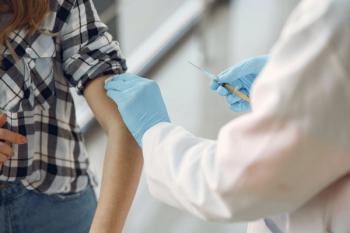
Pending investigations of 2 severe adverse events, people with a history of severe allergies are being advised by the UK’s regulatory agency not to get vaccinated.

Even as knowledge about SARS-COV-2 has considerably improved, several aspects remain unknown.
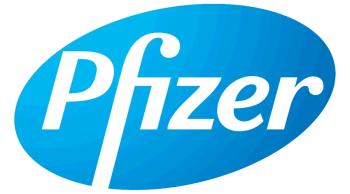
Just one day before the FDA meeting to discuss potential US authorization of the Pfizer and BioNtech vaccine, that country approves the vaccine.

The first COVID-19 vaccines in the US will be from the unique platform. An expert explains how they work.
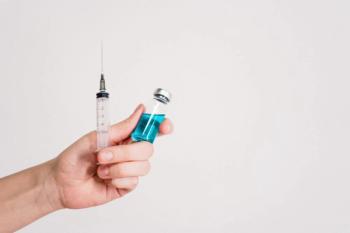
The announcement follows Pfizer and Moderna who both showed their vaccines to be over 90% efficacious.

TMA mediated by the complement cascade has been identified as a potential cause for severe manifestations of COVID-19 in adults.
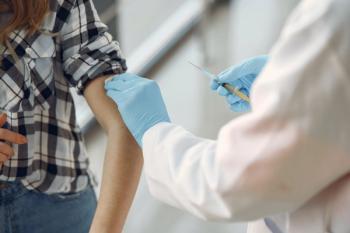
Public understanding of adverse events could be an obstacle in the rollout of vaccines to fight the coronavirus disease 2019 (COVID-19).

An overall COVID-19 mortality rate of more than 5% for those admitted to a hospital highlights the urgent need for treatments.

A large-scale diagnosis of SARS-CoV-2 is paramount to downregulating its spread and mitigating the current outbreak.